- Home
- LSU FOOTBALL
- LSU MEN'S BASKETBALL
- LSU WOMEN'S BASKETBALL
- LSU BASEBALL
- LSU SOFTBALL
- LSU GYMNASTICS
- Additional LSU SPORTS
- Q & A with DA BOOT SPORTS
- TALKING TIGERS PODCAST
- Southern University Jaguars
- NEW ORLEANS SAINTS
- AUTISM AWARENESS
- OUR SPONSORS
- Louisiana Sports
- HIGH SCHOOL FOOTBALL
- Da Boot Sports Staff
- PHOTOS By: Terrill Weil
- PHOTOS By: Jonathan Mailhes
- PHOTOS By: David Chivatero
- PHOTOS By: Michael Bacigalupi
- CONTACT
- SFL

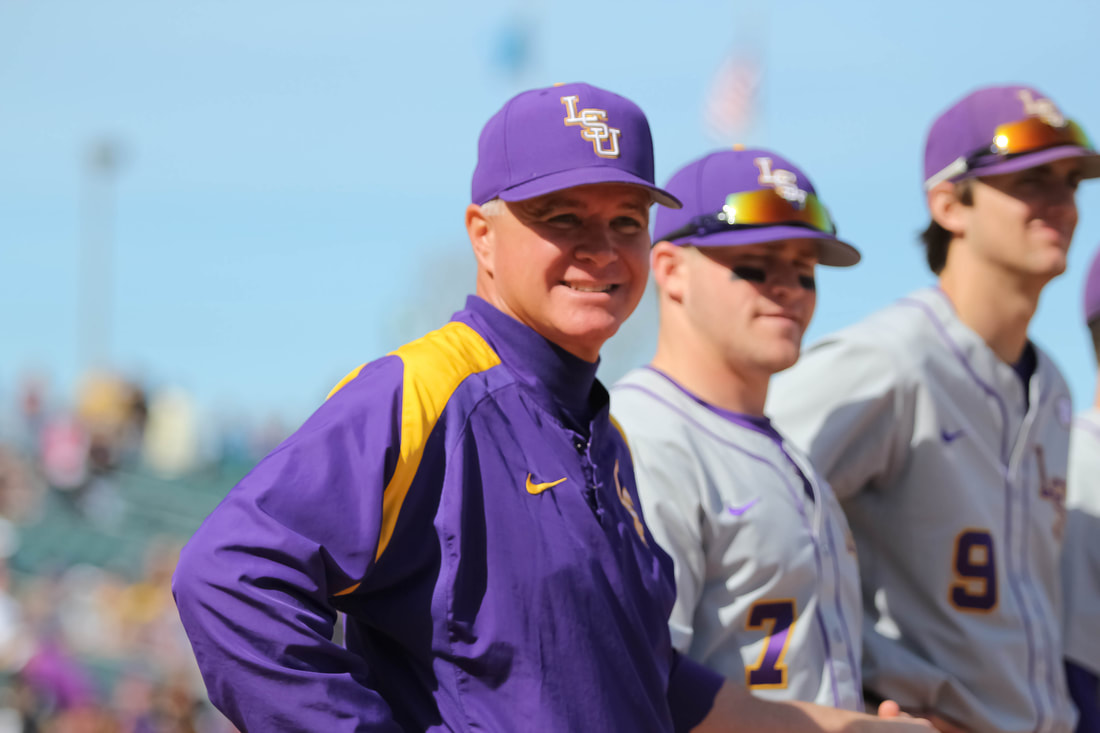
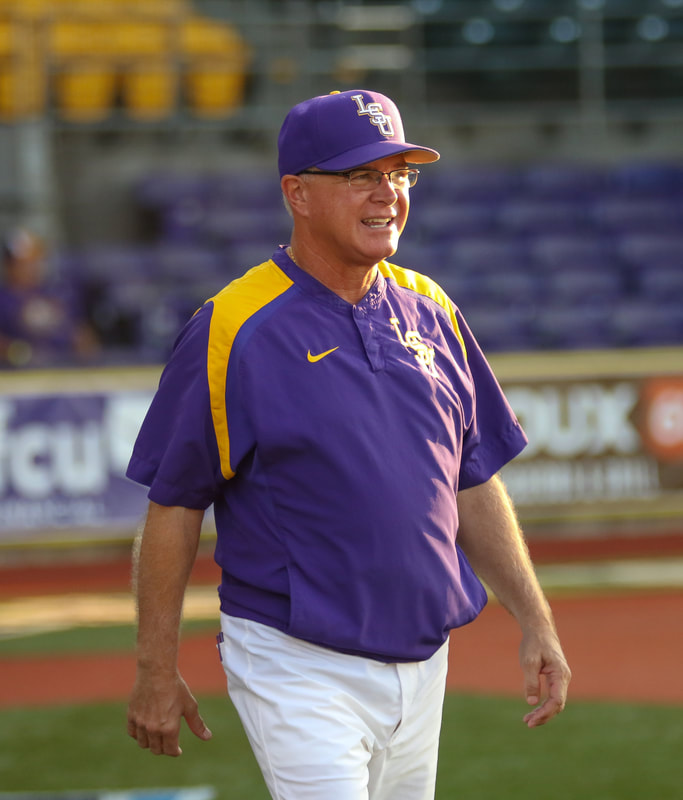
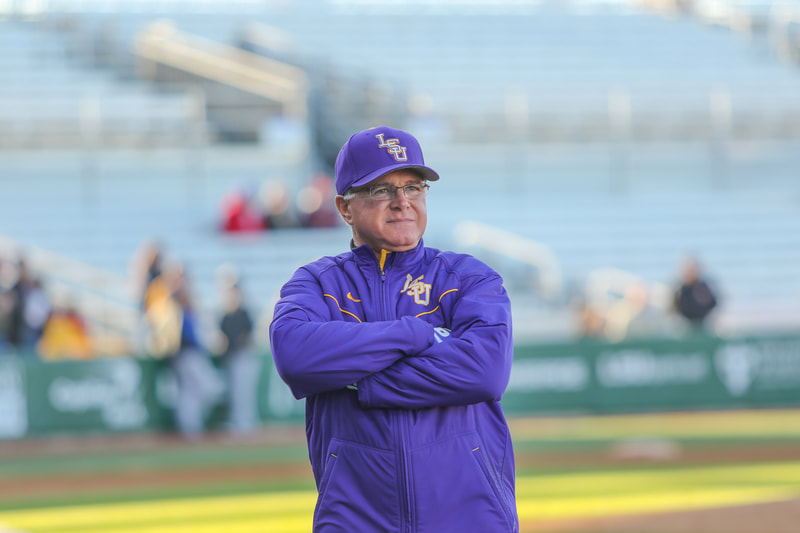
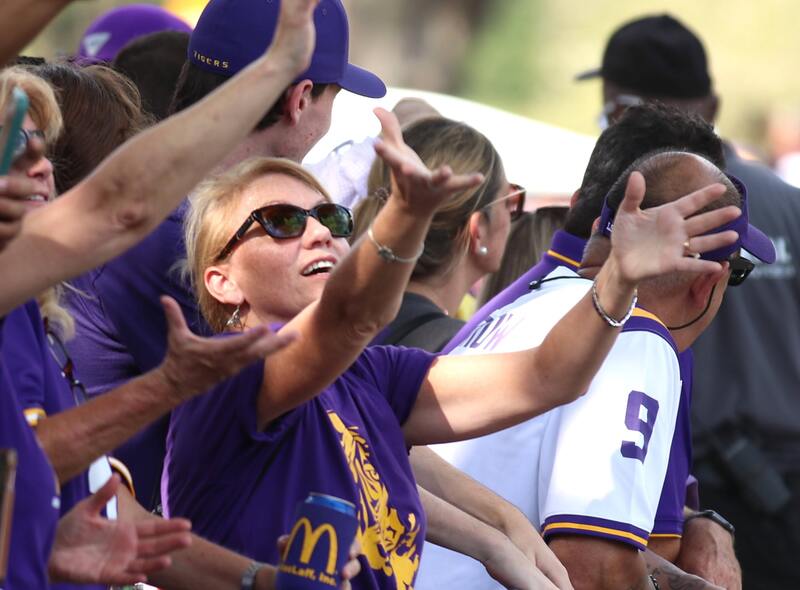
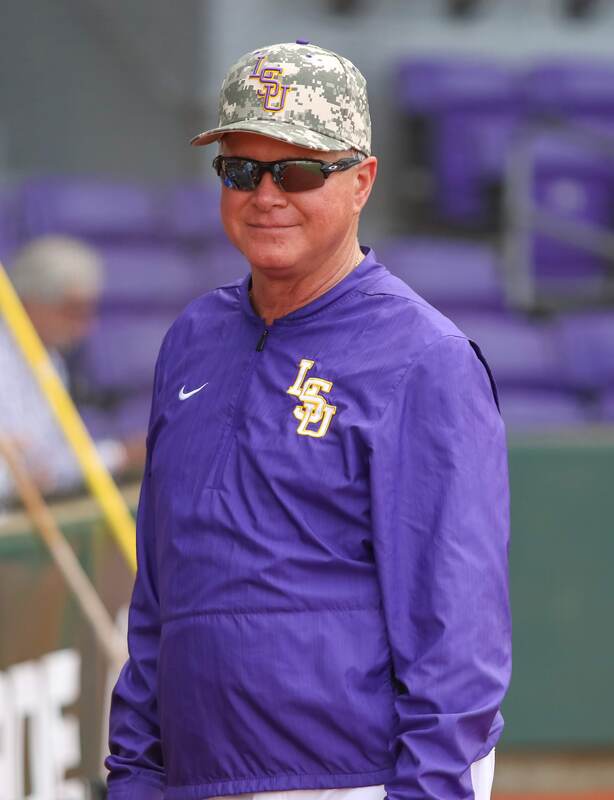
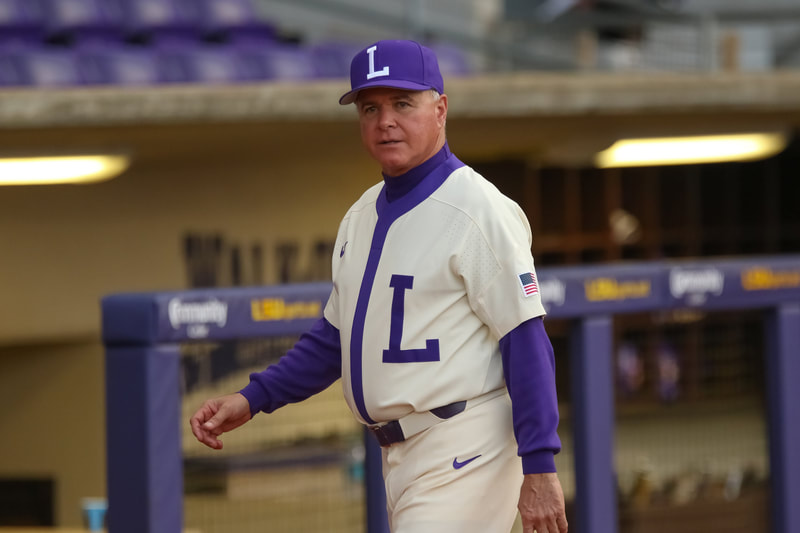

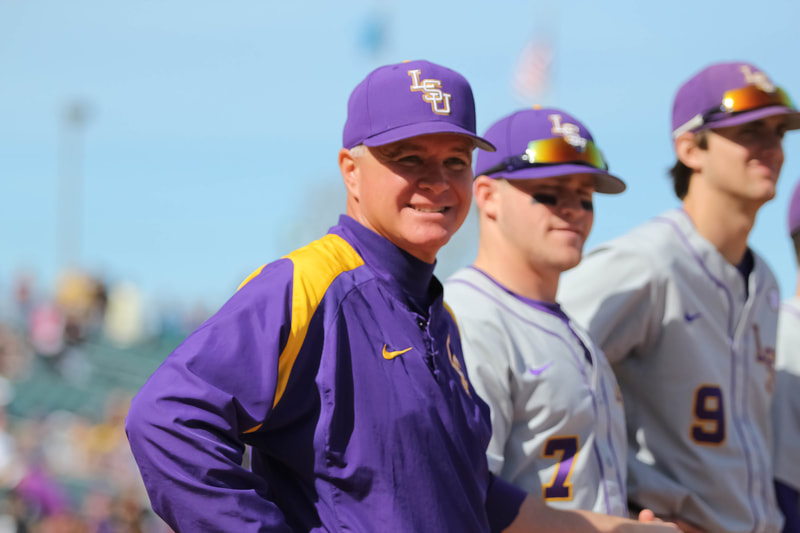

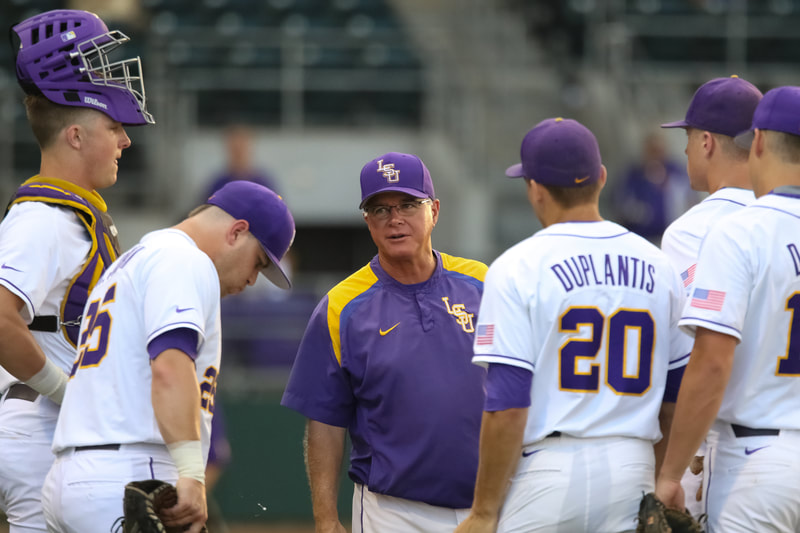
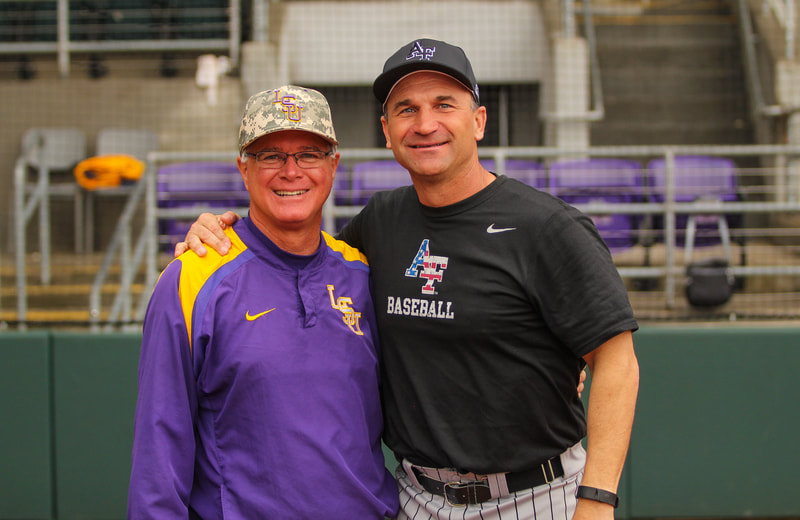
 RSS Feed
RSS Feed